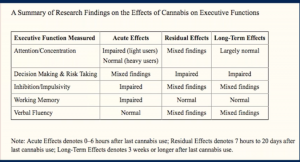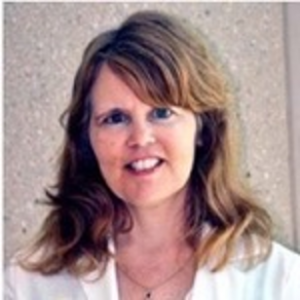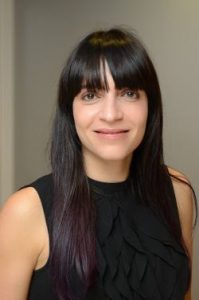The 2020 IAMSE meeting offers many opportunities for faculty development and networking, and brings medical sciences and medical education across the continuum together. This year’s main topic is Envisioning the Future of Health Sciences Education. One of our four confirmed keynote speakers is Poh-Sun Goh from the National University of Singapore in Singapore.

Medical Educator Roles of the Future
Presenter: Poh-Sun Goh – National University of Singapore
Plenary Address: Tuesday, June 16, 2020, 11:30 AM – 12:30 PM
This session will explore how near future technology can impact how we educate healthcare professionals and the way they provide care.
In this address, the idea is to examine how “new” methods and platforms for displaying information, engaging an audience, extending and expanding the cognitive presence of “the instructor”, and increasingly “guide” will transform the learning experience, and training outcomes, of our educational efforts; and also explore how these same technologies, which will include Artificial Intelligence (AI) and Machine Learning, Virtual Reality (VR) and Augmented Reality (AR), online and re-imagined out-of-the-simulation-center skill training experiences (inspired and modeled after gaming platforms), can augment, enhance, and transform how we educate and train healthcare professionals, along the whole continuum of learning, from undergraduate learning, through postgraduate training, to lifelong learning and continuing professional development settings.
For more information and to register for the 24th Annual IAMSE Meeting, please visit www.IAMSEconference.org.

 The table shows mixed findings based on the types of effects, acute, residual or long-term as well as the focused area of executive functioning.
The table shows mixed findings based on the types of effects, acute, residual or long-term as well as the focused area of executive functioning.


